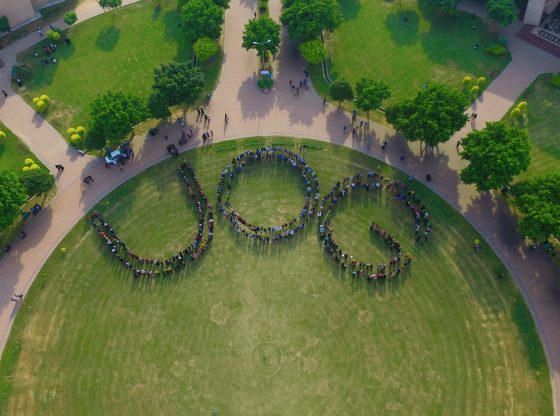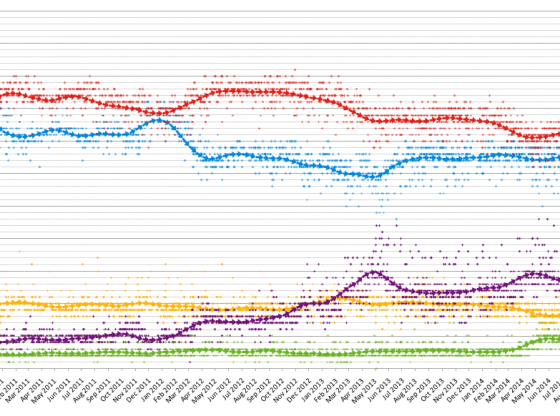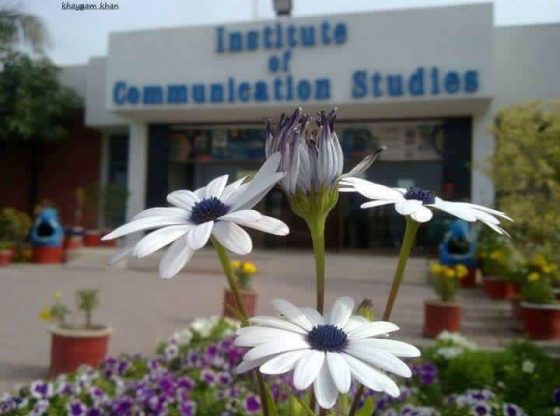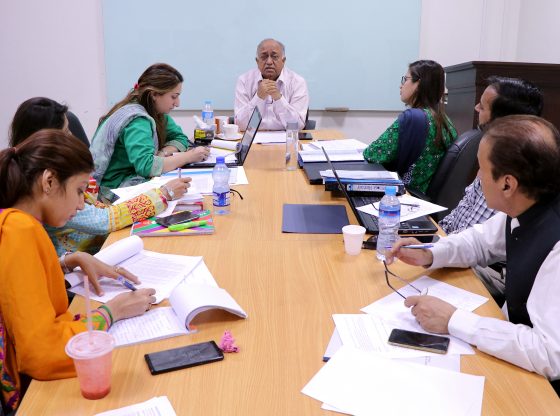CLICK HERE FOR URDU VERSION
U. of Gujrat offers “Media and Politics” course
► MPhil level class investigates media’s role in covering elections ◄
By Umair Nadeem
The University of Gujrat offers the course “Media and Politics” at the MPhil level to improve the understanding and knowledge of media’s role in covering elections.
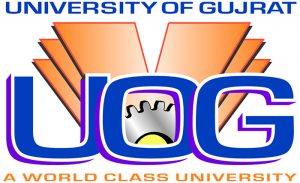 The media pay considerable attention to elections, not for impartial or neutral reasons, but because the political power achieved through elections is ultimately a vitally important news story.
The media pay considerable attention to elections, not for impartial or neutral reasons, but because the political power achieved through elections is ultimately a vitally important news story.
Communication theorists believe the flow of information about public life and interplay of opinion are the media’s most basic and vital functions. The media set agendas and have cognitive effects, influencing not what people think but what they think about.
Media decide which people and what issues will get the most coverage and which candidates will win endorsement.
Course Contents
The following is the course content:
- Study of political communication
- Media and political knowledge
- Contemporary political socialization
- Agenda-setting and agenda-building
- Framing
- Behind political news: Myths and realities
- Unpacking political news
- Political campaigns: Past and presents
- Persuasion and political campaigns
- Nominations and the news
- Political advertising
- Presidential debates
Objectives
The content of the course “Media and Politics” covers different dynamics of media, politics and reporting elections to get an in-depth understanding about media systems and the political structure of Pakistan and the United States.
The success of democracy depends so heavily on journalists exercising their constitutionally protected mission. It is important to understand how shifting journalistic perspectives can alter the facts that are deemed important, the ways in which fact is framed and frames come to be assumed, and the ways journalism facts and frames become the stories we tell each other and our children about the meaning our times.
This course covers the role of media to report different dimensions of elections. Focus is also on improving a student’s overall understanding about the media’s role in:
- Covering elections
- Basic investigative reporting skills (including constructing and testing a hypothesis)
- Interviewing
- Fact-checking
- Managing sources
This course covers the ethical use of social media tools (including Facebook, Twitter, Instagram, Snapchat and other common platforms) to advance journalism.
Students discuss in presentations how social media is used in the election process by candidates and the media and why. The candidates, political operatives and especially public believe the media have a strong influence on elections and thus play a significant role in electing public officials from grass root to the Parliament/White House.
Case studies, critical analysis of print and electronic media, and some readings are integral part of this course for understanding and knowledge of the American election system.
Conclusions
Dr. Zahid Yousaf, the chairperson for the Center for Media and Communication Studies, took concrete measures to incorporate the course contents for “Media and Politics.” Future plans include improving content to meet international professional standards.
Yousaf believes the success of democracy depends heavily on reporters transforming the raw stuff of experience into presumed fact and arranging facts into coherent stories. Reporters make sense out of politics.
Syllabus
Media and Politics(MCM-509)
| Centre for Media and Communication Studies
MCM-509 INSTRUCTOR: Rana Umair Nadeem Umair’s email: umair.nadeem@uog.edu.pk |
Umer Al Khyam Block
Hafiz Hayat Campus University of Gujrat |
Purposes
This class offers an understanding of intellectual history over the past century from a critical and cultural perspective. The literature in the area is wide, deep, and highly interdisciplinary. In this class the lens we use is after ways of making sense of media and politics.
Three goals: This class will
- provide a general “toolbox” overview of the way political communication works, including how one might think about research methods from this perspective
- read and discuss a combination of primary and secondary source material to develop a structure to the “waterfront” media and politics work
- make connections between theory, practice, and politics
Reflexivity You should subject the materials, backgrounds, and methods in this course to the same critical scrutiny that the theories and methods themselves employ when looking at media (…you ought to do this with every class and every part of your education anyway…).
In other words, screenings, readings, discussions, examples, etc. should neither be taken at face value, nor assigned the meaning that appears obvious and easy (…it never is, is it?…). Nor should what I write or have to say, what the media says about itself, or what our friends and family have to add be given any special Instant Credibility. You should never think like “the herd,” but you should also thoroughly understand how and why “the herd” thinks like it does. These “herds” are often constructions of the media anyway.
Communication courses need to account for their own communication practices. So do communication students. Why do we see certain practices as “good,” effective, and agree with them and others as “bad,” unprofessional, ineffective, and wrong?
Content Materials
Panoply of political communication, Political communication, Study of political communication,Media and political knowledge,Contemporary political socialization, Agenda setting, Agenda building,Framing,Behind political news:Myths and realities.Unpacking political news,Political campaigns past and presents,The main players in political campaigns,Nominations and the news, Persuasion and political campaigns, Political advertising, Presidential debates
Grades
Please note my expectations for grades:
A + = 85%+ = your work is consistently outstanding
A = 80%+ = your work has been consistently strong and occasionally outstanding
B = 75%+ = your work has been done adequately, fulfilling average standards
MY MINIMUM STANDARD INCLUDES COMPLETING ALL ASSIGNED READING BEFORE THE SESSION WHERE IT IS DISCUSSED.
All discussions of grades must take place on a day after the one on which you received the grade. This will give you time to consider carefully the reasons for the evaluation.
Assignments
50 – Final paper – You must meet with me to discuss the topic you want to propose and to get it approved.
25% Mid examination – which will include the content and reading material we use in class, a book of your choosing that you will read outside of class, and the research articles that you read
15% – presentations – submit a review to read and report on a topic, evaluating the argument and the way it fits into media and politics. This can be historically significant,
Media and Politics /Topic Schedule
| First Week | Introductions: what do you know? What do I know? |
| Second Week | Panoply of political communication |
| Week Third | Political communication |
| Week Four | Study of political communication |
| Week Five | Media and political knowledge |
| Week Six | Contemporary political socialization, Agenda setting |
| Week Seven | Presentations |
| Week Eight | Framing |
| Week Nine | Mid Examination |
| Week Ten | Behind political news:Myths and realities |
| Week Eleven | Unpacking political news |
| Week Twelve | Political campaigns past and presents, The main players in political campaigns |
| Week Thirteen | Presentations |
| Week Fourteen | Nominations and the news |
| Week Fifteen | Persuasion and political campaigns |
| Week Sixteen | Political advertising, Presidential debates |


